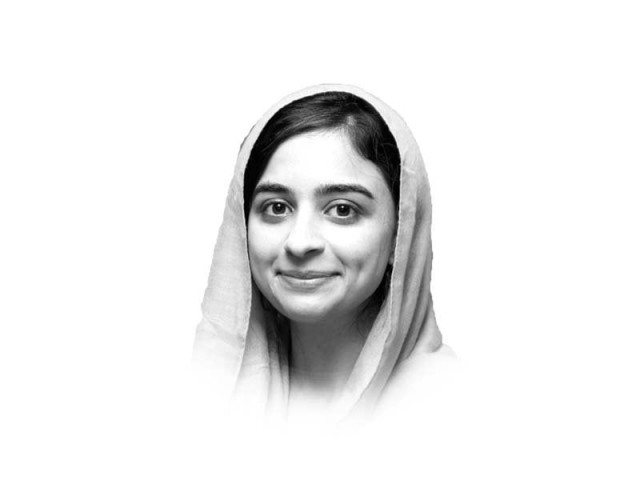The refugee crisis conundrum
Barring all power play, humanity is being cruelly played

The writer is a Research Fellow at the Institute of Strategic Studies Islamabad. She is a LUMS and Warwick alumnus
Over a week ago, a Russia-assisted regime strike killed 34 Turkish soldiers, in reprisal for the recapture of Saraqib — a town which is a key strategic, transit point between Syria’s main two highways. The Idlib province and the surrounding countryside were supposed to be protected by the 2018 Sochi agreement between Ankara and Moscow, according to which the province was supposed to be a safe haven for people trying to escape the war. But a breakdown of the deal prompted Ankara to deploy 12,000 troops in the beginning of February to shore up the deal and protect the border. In response to the attack, Ankara launched Operation Spring Shield and announced that it would open up its borders for free refugee movement from Syria and allow refugees in Turkey to move onwards to Europe.
Ankara’s main concern is to secure its borders from the mass migration of Syrians fleeing the war. Its economy cannot support any more refugees. Almost one million people have been displaced as a result of the Syrian and Russian airstrikes in Idlib. Despite the EU-Turkey refugee deal of 2016, EU states did not contribute to the cost-sharing, leaving Turkey to bear the majority expense alone. Presently, Turkey is the world’s largest host to refugees with approximately 3.7 million Syrians. Meanwhile, the Syrian regime is being obdurate to all negotiations until it regains all of its territory.
The current situation for people in Idlib is catastrophic. Over 80% of the refugees are women and children. Almost 82,000 people are inhabiting open areas. Back in October, olive trees became real estate property with rent ranging up to $50. Now in freezing conditions, many women and children have taken to sleeping in the snow, while the sounds of school, shelters and hospitals being targeted can be heard.
The UN has called for an immediate end to the attacks, as is customary, while videos of Greek coastguards trying to sink Syrian refugee boats have appeared. Ironically, it was Syria which hosted Greek refugees who fled the Nazis and Soviets in WWII.
It is hoped that the March 6 ceasefire between presidents Erdogan and Putin will ease the civilian suffering and help contain the humanitarian crisis. However, Turkish officials have made it clear that the present agreement does will not change Turkey’s refugee policy.
An operable solution could be if the EU were to offer Turkey and other asylum-hosting countries trade concessions linked to formal employment of Syrians by granting better access for exports. This would help expand the demand for formal refugee labour, defuse public dissent against them and also build upon existing UN refugee self-reliance livelihood programmes.
Barring all power play, humanity is being cruelly played. The Universal Declaration of Human Rights has been reduced to a miscarriage. The present system of refugee burden-sharing is a systemised form of hypocrisy where the world free rides on the sacrifices of a few countries. There is no scorecard for pain. Now more than ever, the cycle for unilateral sacrifice needs to end.
Published in The Express Tribune, March 7th, 2020.
Like Opinion & Editorial on Facebook, follow @ETOpEd on Twitter to receive all updates on all our daily pieces.















COMMENTS
Comments are moderated and generally will be posted if they are on-topic and not abusive.
For more information, please see our Comments FAQ